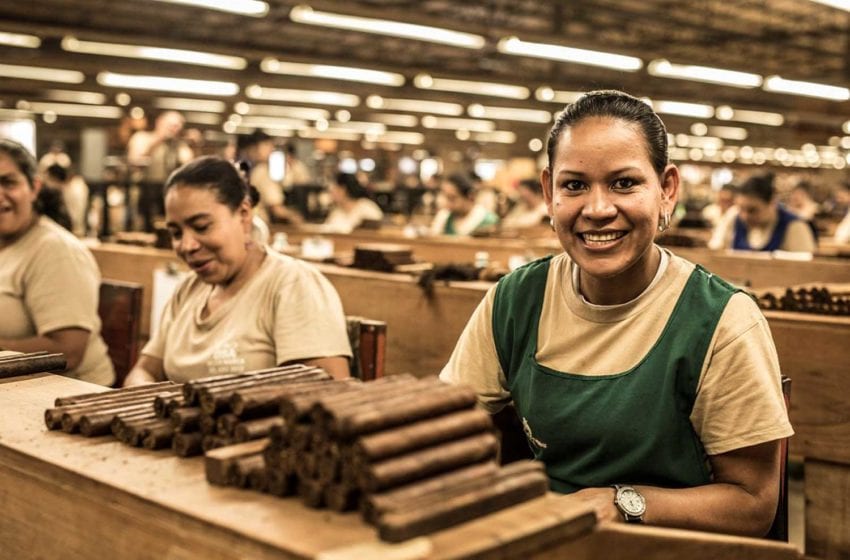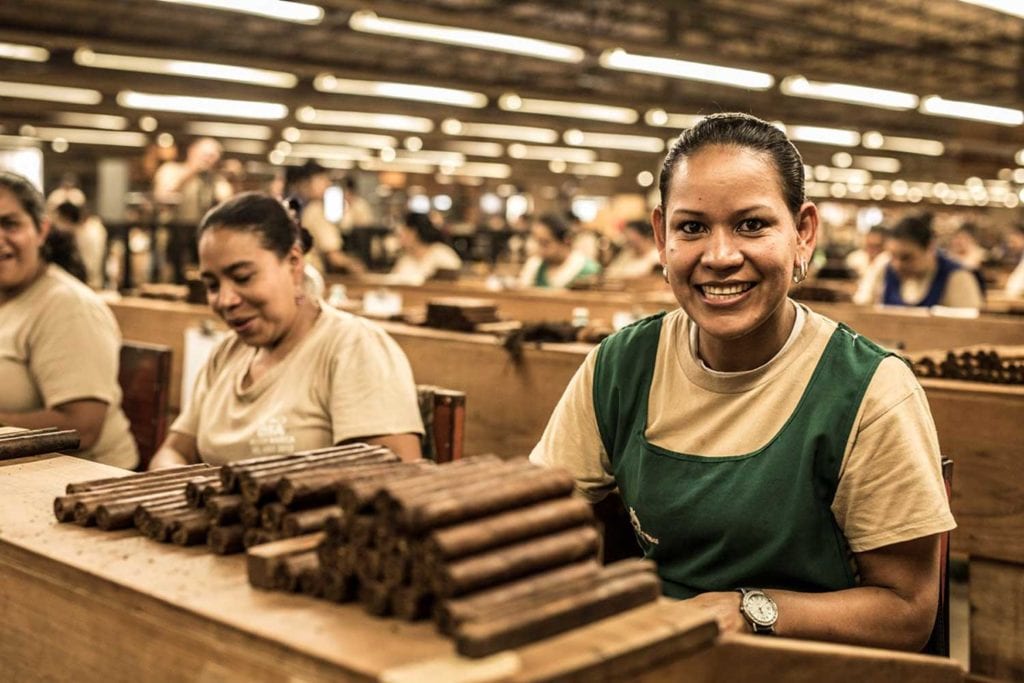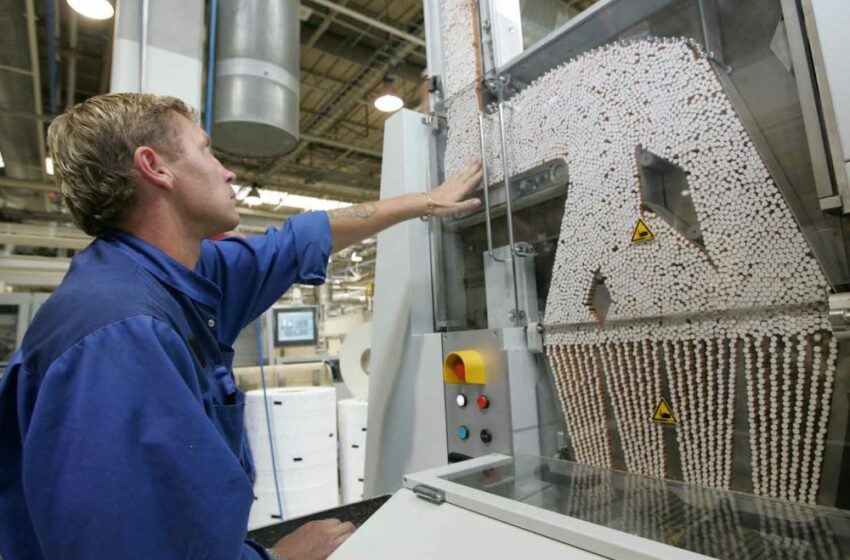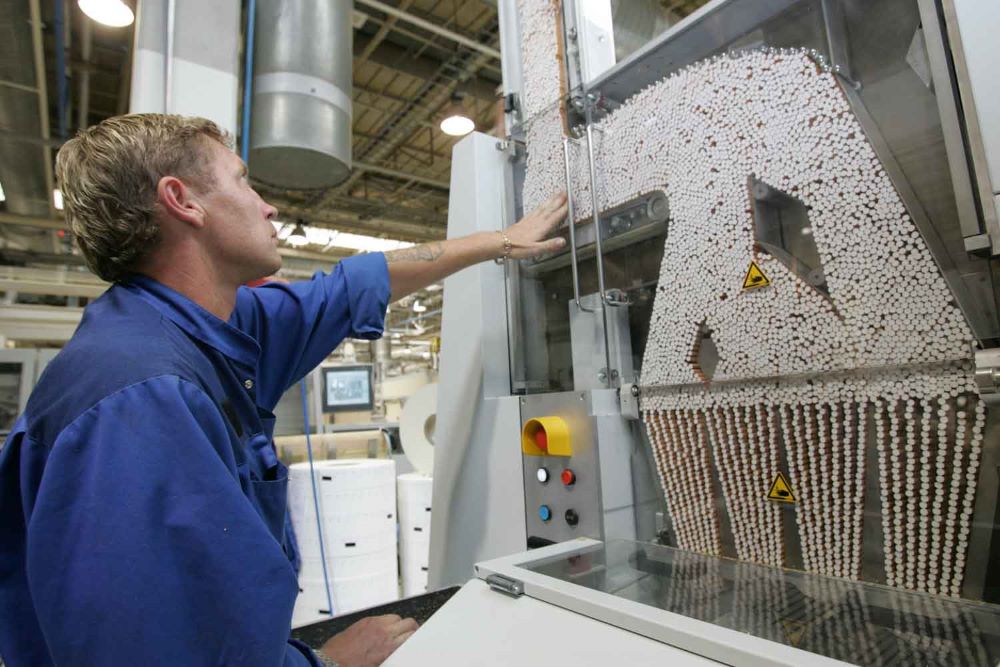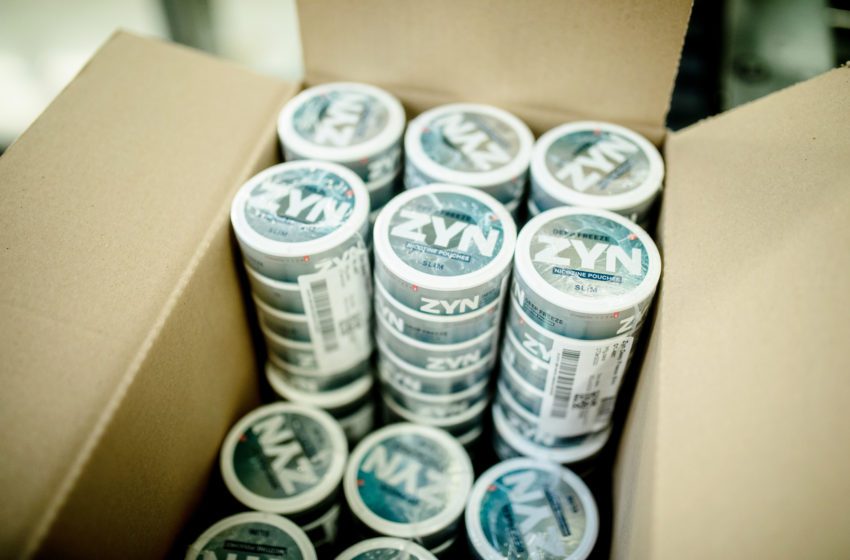
The Smoker Friendly chain of retail stores announced it is acquiring 54 Low Bob’s Discount Tobacco locations in Indiana.
The Cigarette Store, LLC, parent company of Smoker Friendly, announced its acquisition of Richmond Master Distributors, Inc., the owner of Low Bob’s Discount Tobacco. The stores will be rebranded as Smoker Friendly locations.
There are 344 Smoker Friendly locations across 13 states, as well as independently owned stores within the Smoker Friendly network. The company has its own private-label brands and operates the Rocky Mountain Cigar Festival, according to Charlie Minato of Halfwheel.
“We are very pleased to welcome the Low Bob’s team to the Smoker Friendly family,” said Terry Gallagher Jr., CEO of Smoker Friendly, in a press release. Pat and Scott Carrico and the Richmond Master team have been longtime friends and leaders in the tobacco outlet channel. We are fortunate to make this acquisition and strengthen our Smoker Friendly footprint in Indiana, bringing our store count to 80 in the state.”


